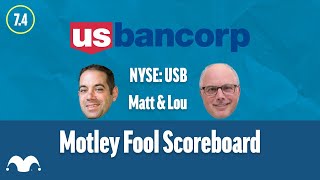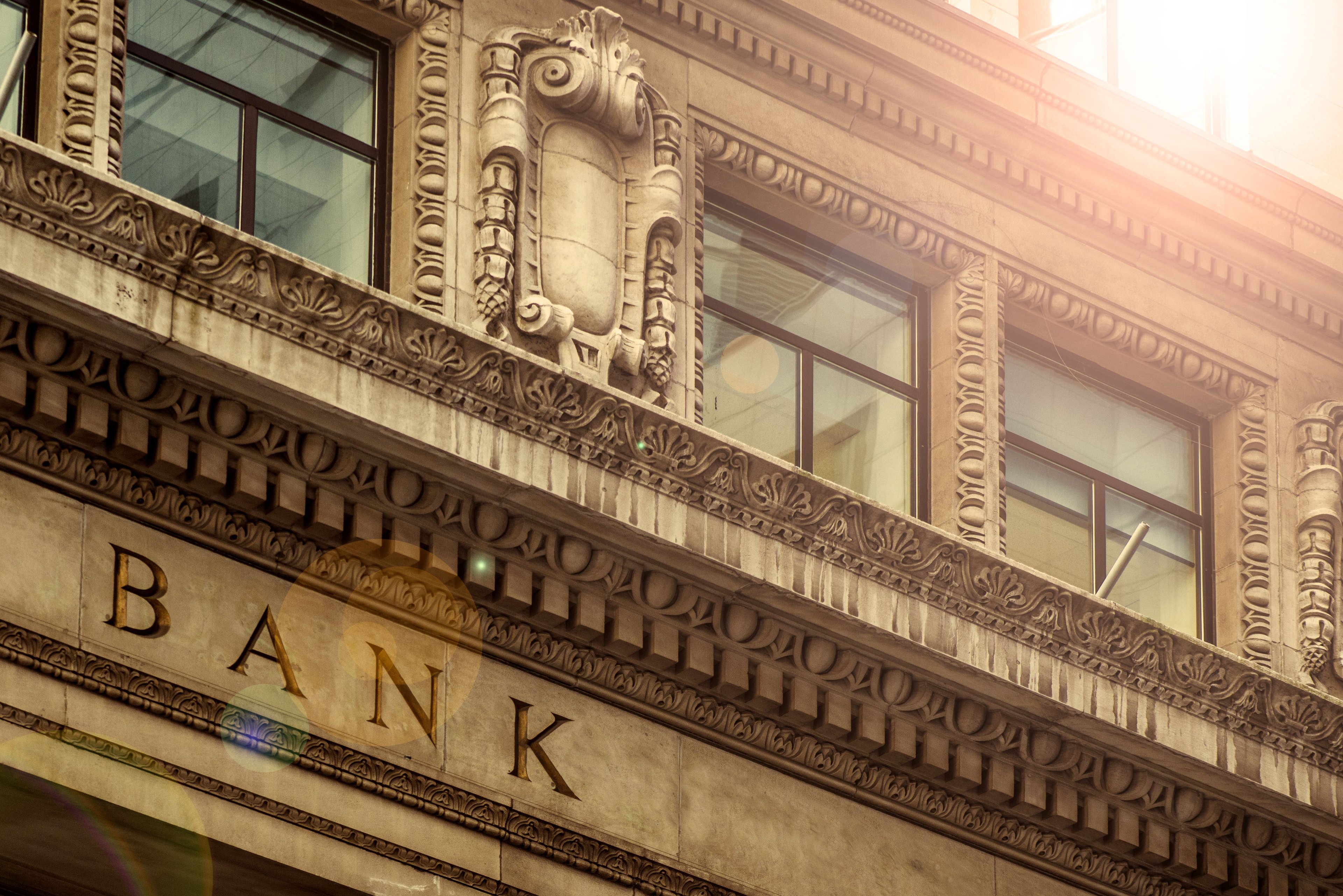Like turning lemons into lemonade, U.S. Bancorp may end up benefiting from the higher compliance costs of the post-crisis regulatory regime. Image credit: Valueline/Thinkstock.
It's odd to think that U.S. Bancorp (USB 2.21%) may ultimately benefit from the stringent regulations passed in the wake of the financial crisis, but there are reasons to believe that this is exactly how it will play out.
No one understands this better than Richard Davis, the chairman and CEO of the $422 billion bank, which just reported another impressive quarterly performance. Davis has been a vocal advocate of reforming the financial system for the past six years, starting with his 2009 shareholder letter:
We fully support financial regulatory reform and strong consumer protection. We recognize the need for oversight of systemically important institutions, and we welcome a new model of regulation that would also oversee non-bank financial services providers. America deserves a strong financial system that operates in a more transparent and prudent manner -- and we seek a key role as a partner in the development of this new system.
Davis' support originally struck me as counterintuitive. This is because U.S. Bancorp has probably gained more than any other financial institution from the irresponsible excesses of its competitors in the lead-up to the crisis. The stress tests and heightened capital requirements will narrow this advantage, at least in the short term, as regulators help protect imprudent lenders from themselves.
But beyond this it's almost impossible to understand how the added costs and sophistication necessary to comply with the new regulatory regime won't accelerate U.S. Bancorp's enviable competitive position. The main reason for this stems from its low expense base.
Data source: Quarterly reports.
The Minneapolis-based bank spent only 53.9% of its net revenue on operating expenses in the fourth quarter of 2015. And its efficiency ratio was even lower for the full fiscal year, coming in at 53.8%. Meanwhile, the perennially efficient Wells Fargo spent 57.8% of its revenue on operating expenses last year, and most other banks spend more than 60%.
"If our efficiency ratio fell to our peer's average, our return on equity would drop from 14% to less than 9%," Davis told me.
In the very unlikely event that this were to happen, it would impact not only U.S. Bancorp's profitability, but also the amount capital the Federal Reserve would likely allow it to return to shareholders each year, which is determined in the annual Comprehensive Capital Analysis and Review process. This would weigh on its stock valuation and shareholder returns, two things that Davis takes seriously. It may also impair its stellar credit rating, which could affect its cost of funds and thereby put even more pressure on its efficiency.
But while this is a legitimate concern for U.S. Bancorp's less-efficient peers, Davis' bank has an advantage given its especially lean operations. Unlike many other banks, moreover, it's also cultivated a constructive relationship with regulators.
As Davis wrote in his 2011 shareholder letter:
While current regulatory reform in our industry is nothing less than transformational, our management team and Board of Directors foresee opportunities to make strategic moves to effectively position U.S. Bank in a new regulatory environment as an advantaged competitor. We also see an emerging role for U.S. Bancorp as an industry leader with a strong, measured and thoughtful voice to help rebuild the reputation of the banking industry which, along with its more than 2.4 million employees, serves our country.
To investors and employees of U.S. Bancorp, then, the added costs may seem like a nuisance, but in reality they serve as an entry barrier to the top echelon of banking. Only those institutions with deeply ingrained cultures of cost control can absorb the extra expenses while still earning enough money to exceed their cost of capital.
The fact that most banks have failed to do so is underscored by the "flight to quality" that U.S. Bancorp has benefited from since the crisis. Not only have investors bid up the value of its stock more than every other big bank in the country, but customers looking for a strong and stable financial partner have gravitated toward Davis' bank as well.
As he first noted in his 2008 shareholder letter:
The company continued to benefit from the "flight to quality" as customers sought banks with strong capital and the ability to provide them with the financial products and services they need during this period of economic uncertainty. Commercial and retail average loans increased; deposits increased; net interest income increased, and the net interest margin widened.
In sum, while Davis has since warned against unnecessarily burdensome regulations -- see his 2013 shareholder letter -- you can rest assured that his bank is in an incredibly advantageous position to benefit from these trends. This is a point that I encourage current and prospective investors to take note of.







